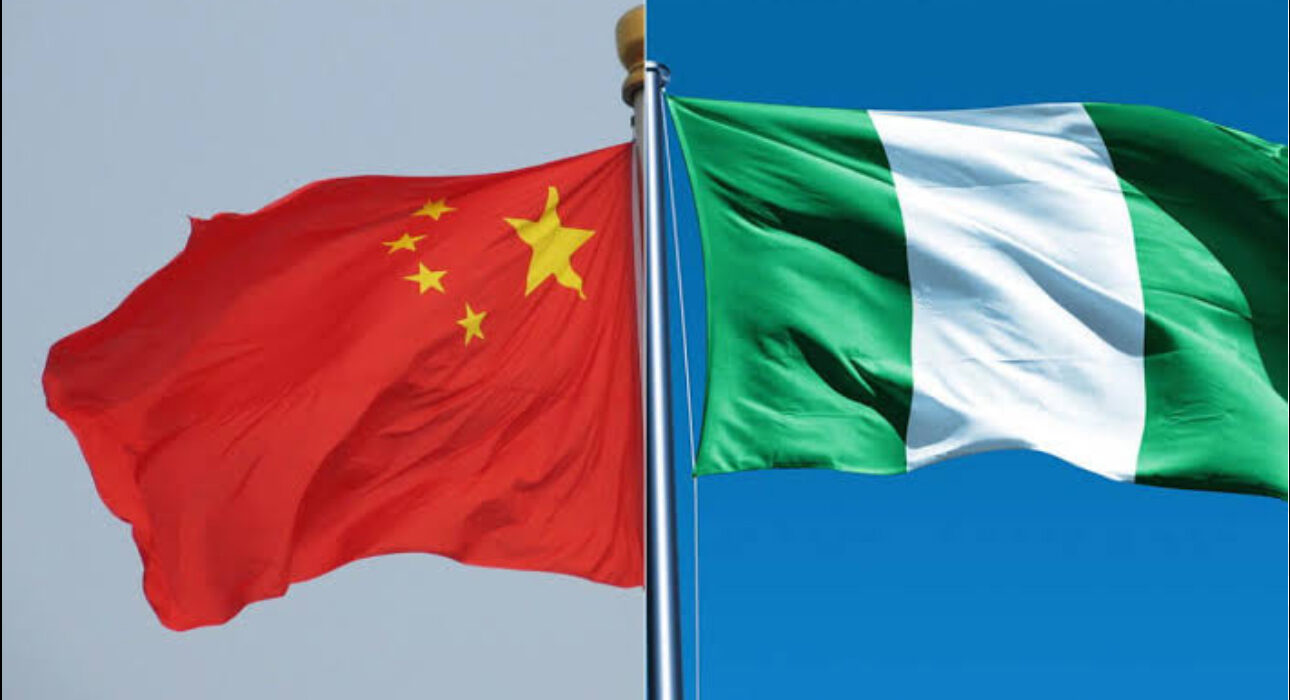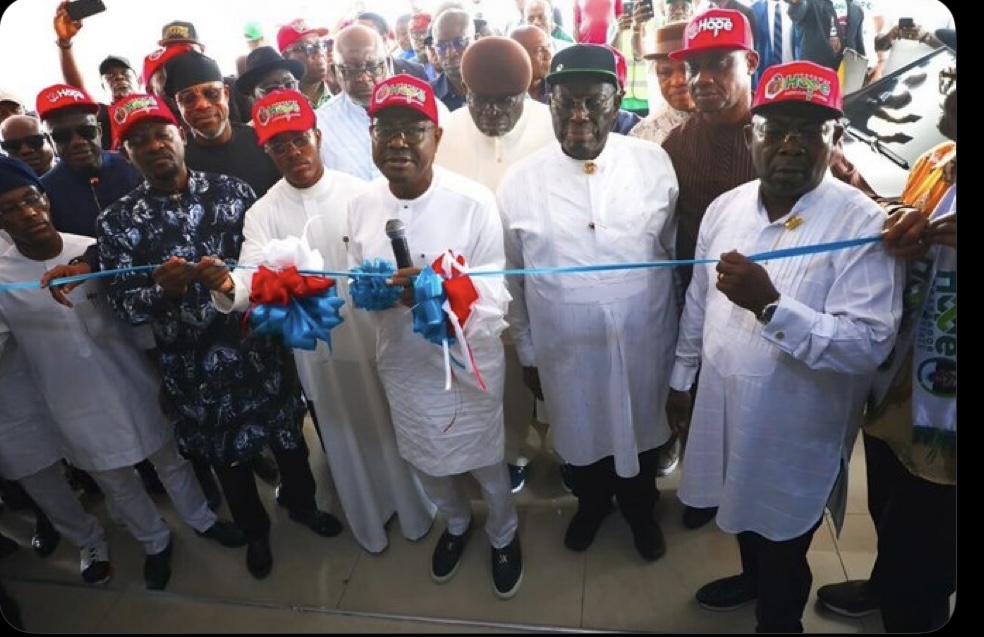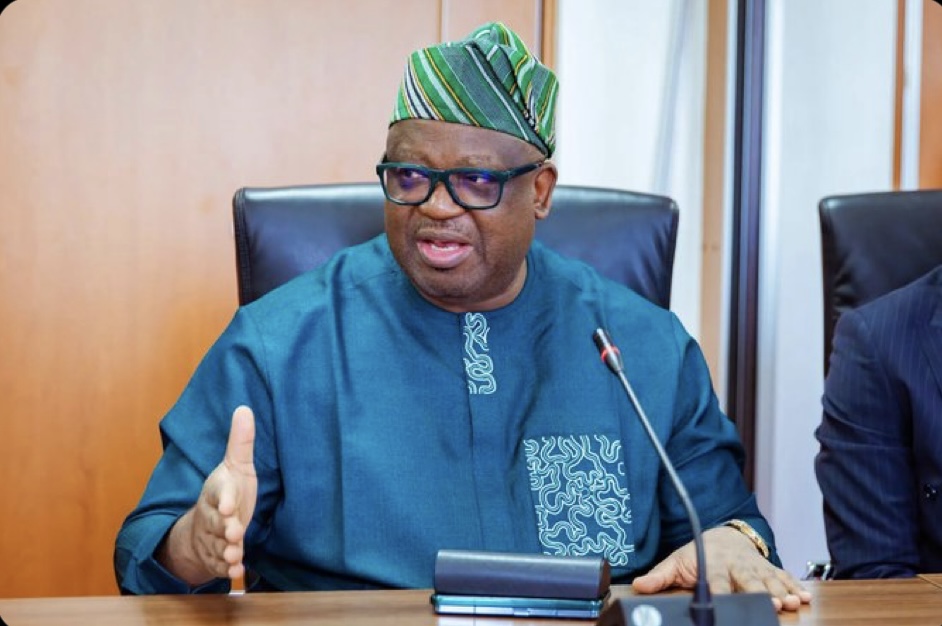Chinese Exporters Target Nigeria, Other Emerging Markets as Tariff Pressure Rises from U.S.

Chinese manufacturers of consumer goods are increasingly looking to Nigeria and other emerging markets as United States President Donald Trump applies sharp trade tariffs to Chinese imports. The protectionist approach, initiated to keep China out of dominating world trade, has pushed most Chinese exporters to look for new markets in order to sustain their businesses.
The hardline trade policies of the Trump administration against China recently imposed up to 145% tariffs on a wide range of Chinese imports.
Tariffs have proven to be an enormous setback to small and medium Chinese manufacturers who were unable to continue exporting to the U.S. market profitably.
With tariff rates at 60 percent, a number of Chinese manufacturers would no longer be competitive or even profit from selling their products to the U.S. market,” said Gary Ng, a senior economist at Natixis.
“This is leading many of them to turn their attention to other markets where demand is growing and trade relations are less tense.”.
Nigeria has emerged as among the top destinations for Chinese exports amid the current reshuffling of trade. With a population of over 200 million and a rapidly expanding consumer base, Nigeria is Africa’s most populous nation and a prime player in the economic story of the continent.
China already considers Nigeria an important trade partner, with the bilateral trade volumes reaching over $20 billion in 2024. Nigeria is China’s second-largest export market and third-largest overall trade partner in Africa.
This has been the basis on which it has been a good alternative market for Chinese manufacturers who want to shelter themselves from U.S. tariffs.
The additional influx of Chinese products into the Nigerian economy could have both positive and negative impacts:
The shift is likely to bring in more varieties of low-cost goods—like electronics, clothing, home appliances, and machinery—for Nigerian consumers.
For Local Manufacturers: Local industries, however, are likely to be under pressure from the competitive pricing and quantity of Chinese imports. Local manufacturers may struggle to compete unless they receive better protection and assistance from the government.
• For Trade Relations: According to economists, this trend will further advance Nigeria-China trade relations, where one may see additional investments, transfer of technology, and even localization of Chinese industry in Nigeria.
The diminishing relevance of the U.S. and the shift to emerging markets like Nigeria are harbingers of the changing dynamics of world trade. With countries re-calibrating their supply chain and economic allies, emerging economies like Nigeria are seeing growing attention from international manufacturers.
“This is not just a response to tariffs—it’s a sign that the balance of power in global trade is shifting,” said a Lagos-based trade analyst. “Emerging markets like Nigeria are no longer at the margins; they are now at the forefront of global trade policy.”
While the tariff war between China and the U.S. continues, even more producers are expected to follow suit in redirecting their attention, with markets like Nigeria poised to become future centers for trade, commerce, and manufacturing alliances.









